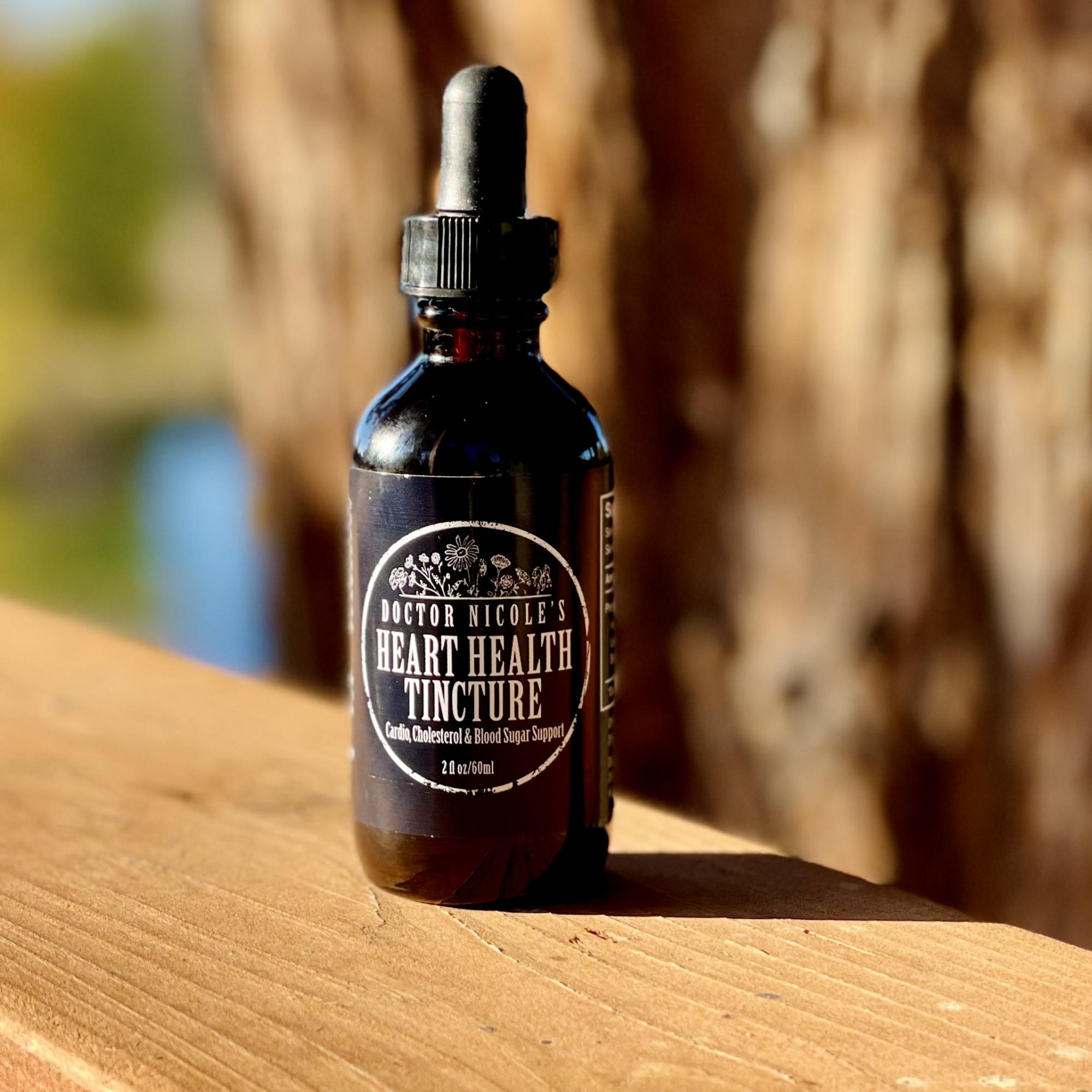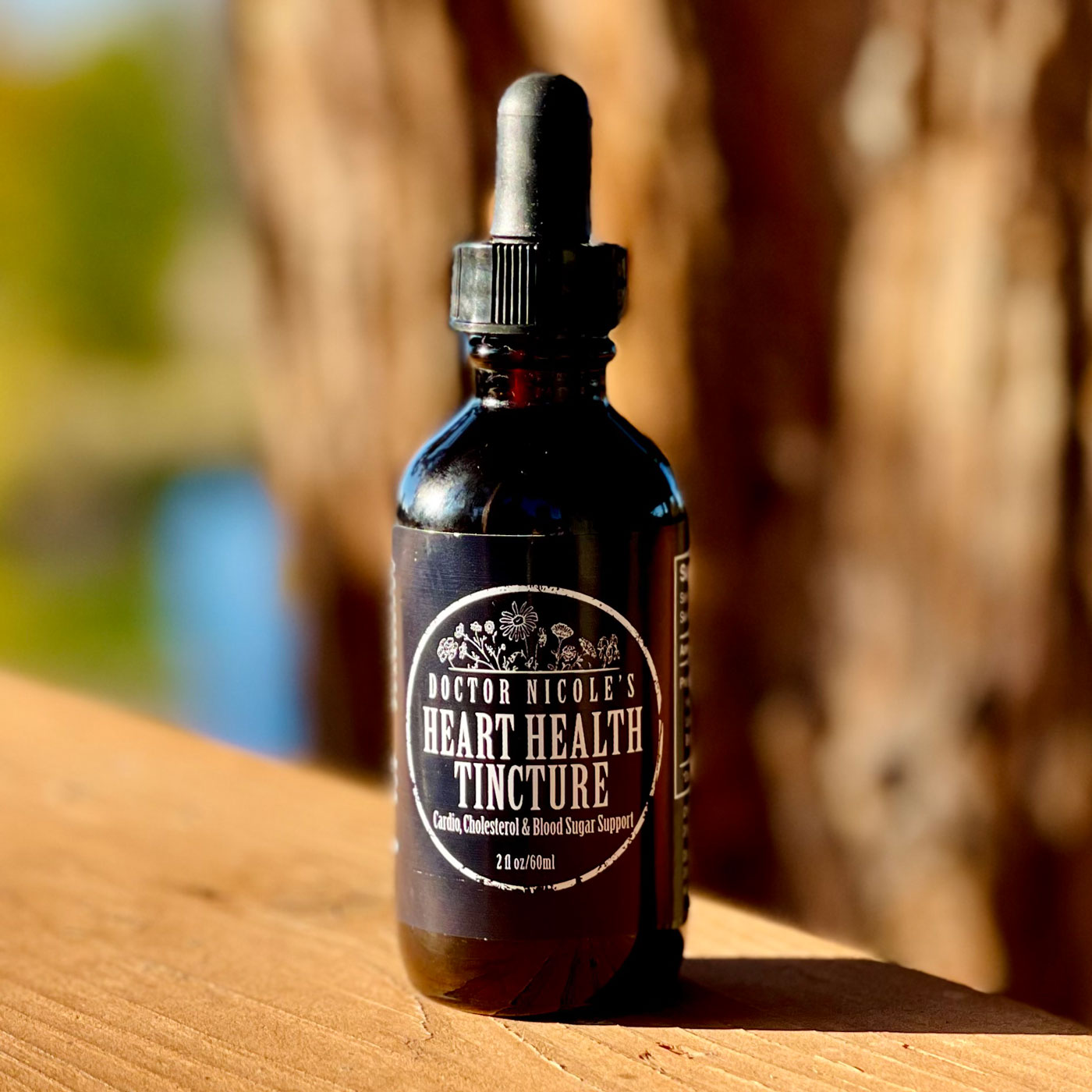The Power Behind Social Connection
If you are anything like me, a healthy lifestyle involves eating right, reducing stress, getting enough sleep, and avoiding habits such as smoking and drinking. But have you considered the impact of social connections? It has been known for quite some time that social isolation can lead to lower immune response, along with a heightened risk for type 2 diabetes, dementia, and cardiovascular disease. The opposite is also true: those with strong social ties enjoy greater longevity and better health. In fact, people with a high number of connections were around half as likely to die as those with smaller networks.2 Not surprisingly, spouses and close friendships offered the best health protection. However, even casual acquaintances at church, book club, or another hobby group can help to enhance overall well-being.3 Over the years it has become abundantly clear that if you want to enjoy a long and healthy life, it’s important to prioritize relationships and social connections.

Relationships, Health, & Longevity
A fascinating study in the 1990s involving 276 people examined whether or not strong friendships influenced immunity.4 The participants were tested for an existing infection, then placed in quarantine where they inhaled water droplets containing rhinovirus — the same bug that causes the common cold. During the subsequent five days, many developed symptoms. But what surprised the researchers was that people with a large and diverse range of social connections were less likely to get sick — and those with the lowest levels of social interactions had three to four times the risk of developing a cold compared to those with a robust social network.
Moreover, studies have shown that social health also influences our risk of chronic disease — such as type 2 diabetes and cardiovascular disease. A study of 4,000 participants in the English Longitudinal Study of Aging5 discovered that those who were higher on the loneliness scale had a significantly increased risk of developing type 2 diabetes within the following decade. Having strong social ties also reduced the risk of dementia and Alzheimer’s disease.
However, the most striking impact of strong social connections is seen in cardiovascular health. One meta-analytic review examined the findings of 148 studies that covered 300,000 participants to examine the benefits of social integration and the risks of social disconnection.6 The effects of loneliness were then compared with other lifestyle factors, such as smoking, drinking alcohol, exercise, physical activity, body mass index, air pollution, and medication to control blood pressure.
The results were astounding: the size and quality of people’s social relationships were either on par or outmatched almost all the other factors that influenced mortality. In short, the more people felt connected and supported by those around them, the more they enjoyed robust health and were less likely to die.

The Impact of Close Friendships on Health — For Better or Worse
While friendships and a sense of connection can absolutely improve health, researchers warn the opposite is also true. Our circle of friends can lead us into bad habits and health-harming choices. Think back to when you were a teenager and the warnings from your parents about peer pressure taking you down the wrong path. The same holds true as an adult where those with the closest friendships also tended to drink and smoke together. You also have nearly a 60% increased risk of obesity if your friends are obese — compared to 40% if a sibling is obese, and 37% if a spouse is obese.1
“Obesity is ‘contagious’ but physical activity and healthy eating are too, so we want to emphasize the latter,” says Walter Willett, Fredrick John Stare Professor of Epidemiology and Nutrition and chair of the Department of Nutrition at Harvard School of Public Health (HSPH). “Invite friends to join you for a walk or for an evening of cooking healthy foods. Bring your friends along in a positive way. That is the ultimate goal.”
Cultivating Robust Health, Naturally
Along with strong social ties, herbal remedies can also help to support ultimate well-being. My favorite natural remedy for encouraging cardiovascular and metabolic health is our convenient Heart Health Blend. This potent formulation helps to regulate blood glucose, lower LDL cholesterol, reduce inflammation, and maintain healthy blood pressure levels. It contains potent extracts of Hawthorn, Tulsi (Holy Basil), Fenugreek, and Bilberry for blood sugar and blood pressure regulation, improved circulation, and overall heart health. It is also outstanding for supporting vision and the eyes.
HAWTHORN
- Lowers blood pressure
- Decreases triglycerides and cholesterol in animal models
- Promotes circulatory health
- Excellent source of heart-healthy antioxidants, including polyphenols
- Reduces inflammation
- Eases anxiety and depression
FENUGREEK
- Helpful for diabetics
- Regulates blood sugar levels
- Slows absorption of carbohydrates
- Increases insulin release
- Controls appetite and fat consumption
- Tames inflammation
- Improves the efficiency of how the body uses sugar
TULSI (HOLY BASIL)
- Adaptogen and Detoxifier
- Reduces blood glucose levels and insulin resistance
- Enhances the production of insulin
- Lowers cholesterol and improves lipid profiles
- Helps to prevent weight gain
- Supports heart health by soothing anxiety and stress
- High in antioxidants
- Cleanses the kidneys
- Calms inflammation
BILBERRY
- Reduces blood pressure
- Combats obesity by decreasing fat absorption
- Regulates cholesterol levels
- Supports healthy liver and kidney function
- Strengthens blood vessel walls
- Lowers blood sugar levels and insulin resistance
- Improves vision and heart health
- Outstanding antioxidant profile, including anthocyanins
- Improves varicose veins and hemorrhoids
- Antibacterial and antifungal
- Powerful anti-inflammatory
Are you ready to take your cardiovascular and metabolic health to the next level? Stop by my apothecary today to learn more about our powerful extracts!
Nicole Apelian
Nicole’s Apothecary Products in this Post
References
- “Friends, family can influence your weight—for good or bad” Harvard T.H. Chan School of Public Health, 2014. https://www.hsph.harvard.edu/news/hsph-in-the-news/friends-and-family-can-influence-your-weight/
- Berkman, L. F., & Syme, S. L. (1979). Social networks, host resistance, and mortality: a nine-year follow-up study of Alameda County residents. American journal of epidemiology, 109(2), 186–204. https://doi.org/10.1093/oxfordjournals.aje.a112674
- “Health and ways of living: the Alameda County Study” by Lisa F. Berkman, Lester Breslow. Oxford University Press, New York, 1983
- Cohen, S., Doyle, W. J., Skoner, D. P., Rabin, B. S., & Gwaltney, J. M., Jr (1997). Social ties and susceptibility to the common cold. JAMA, 277(24), 1940–1944.
- Hackett, R. A., Hudson, J. L., & Chilcot, J. (2020). Loneliness and type 2 diabetes incidence: findings from the English Longitudinal Study of Ageing. Diabetologia, 63(11), 2329–2338. https://doi.org/10.1007/s00125-020-05258-6
- Holt-Lunstad, J., Smith, T. B., & Layton, J. B. (2010). Social relationships and mortality risk: a meta-analytic review. PLoS medicine, 7(7), e1000316. https://doi.org/10.1371/journal.pmed.1000316







